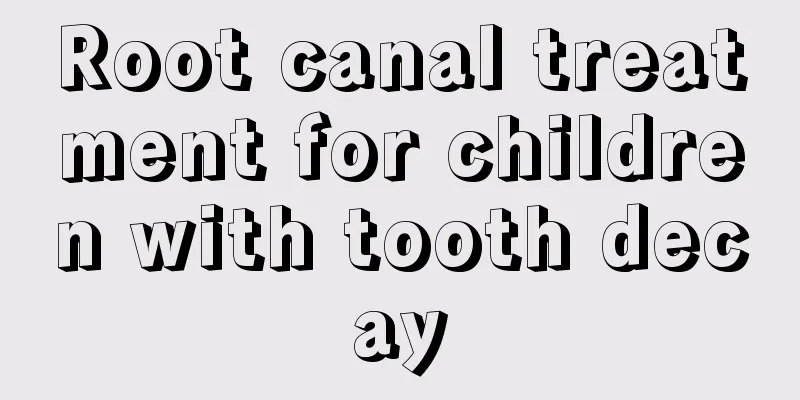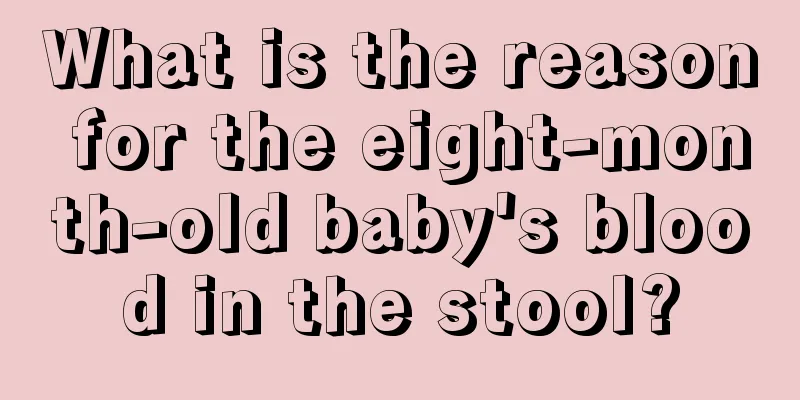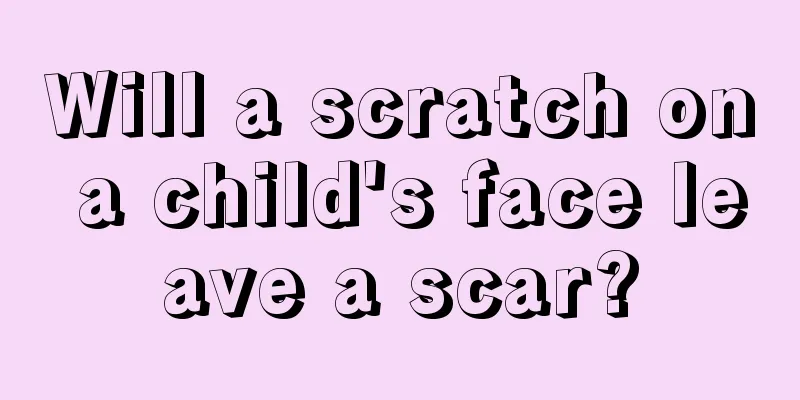Root canal treatment for children with tooth decay

|
Children with more serious tooth decay can be treated through root canal therapy, which is also a common method of treating tooth decay. The dental nerve can be removed under anesthesia and cleaned directly. When performing root canal treatment, you should also understand some precautions. Children should strengthen prevention and pay attention to oral hygiene. Parents should also urge their children more in this regard. Root canal treatment for children with tooth decay For vital or semi-dead pulps, the dental nerve can be removed under anesthesia. Some necrotic ones can be cleaned directly. No anesthesia is required. After the dental nerves in the pulp cavity and root canal are removed, the root canal is disinfected, filled with medicine, and finally the crown part is filled. Such a process is called root canal treatment. 1. Take an X-ray of the tooth that needs treatment to determine the area that needs treatment. 2. Perform pulp expansion on the decayed area. 3. Remove the necrotic pulp inside the pulp cavity. 4. Use a root canal file to remove the infected body in the root canal area and expand the root canal to facilitate filling. 5. Rinse the root canal with a special disinfectant for disinfection. 6. Fill the root canal with special filling material and perform sterile treatment. Will it be painful to cut or remove a tooth's nerve? The answer is no. The doctor will give local anesthetic during treatment so that the child can be treated painlessly. In some cases, the dental nerve has completely died and has no feeling, so the child will not feel any pain even without anesthesia. Teeth that have been restored through endodontic treatment usually do not hurt. Does endodontic treatment of deciduous teeth have any impact on future permanent teeth? The answer is also no. Because each tooth has its own dental nerve, even if this tooth loses its dental nerve, the other teeth, including the permanent teeth that are about to erupt, have their own dental nerves and will not affect each other. Will the tooth become brittle after the dental nerve is removed? The dental nerve does have a certain nutritional function for the teeth. In addition, the damage to the tooth structure caused by caries or treatment needs after the dental nerve is removed will also reduce the tooth's tolerance. But in general, children do not have strong chewing ability and will not eat particularly hard food, so it will not have much impact on children. Deciduous teeth are the first set of teeth of human beings. Although they will eventually be replaced by permanent teeth, preserving the vitality of deciduous tooth pulp, preserving diseased teeth, and maintaining normal tooth replacement are of great significance for the subsequent development of permanent dentition and maxillofacial region. There are still different opinions on the choice of endodontic treatment method. Even the research on endodontic treatment in the American Academy of Pediatric Dentistry (AAPD) Endodontic Treatment Guidelines does not apply to all primary teeth. Therefore, preventing tooth decay is the key! |
<<: The dangers of tooth decay in children
>>: Should children's decayed teeth be extracted?
Recommend
What should I do if my baby always bites his lower lip?
Watching the baby grow up healthily must make par...
What calcium tablets are good for 5-year-old children?
Children's bodies are constantly growing, and...
How many centimeters does a newborn grow each month?
Generally speaking, parents need to pay attention...
Can I give my child a bath when he has a fever?
Because babies have weak body resistance, they of...
What are the causes of precocious puberty?
The concept of precocious puberty may be of great...
Children's eye allergies need attention
In spring, dust, pollen, animal dander, etc. are ...
Symptoms of autism in six-month-old babies
Autism is a disease with a high incidence rate in...
What to do if your child has poor digestion and diarrhea
Children's resistance is relatively low, so t...
What to do if the redness and swelling after vaccination
We all know that babies will go to the hospital t...
How to deal with children’s orthodontic treatment?
Orthodontic treatment refers to the correction of...
Why is my baby crying all the time these days?
Many young parents who have just become parents c...
Symptoms of hip dysplasia in children
It is said that parents' love is the most com...
What to do if infants and young children have red and swollen throats
Newborns have very low immunity and their organs ...
Children's Lung Nourishing Cough Soup
If children have any coughing condition, parents ...
Treatment for measles
I believe everyone is familiar with diseases like...









